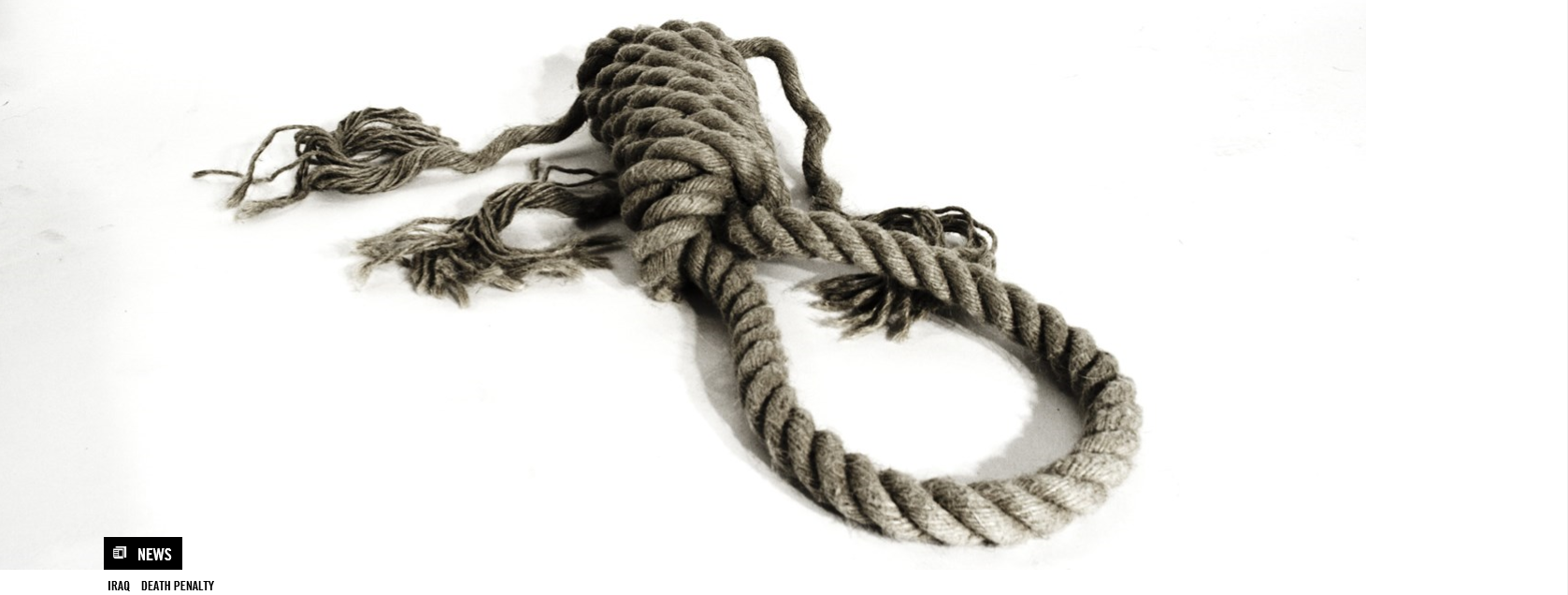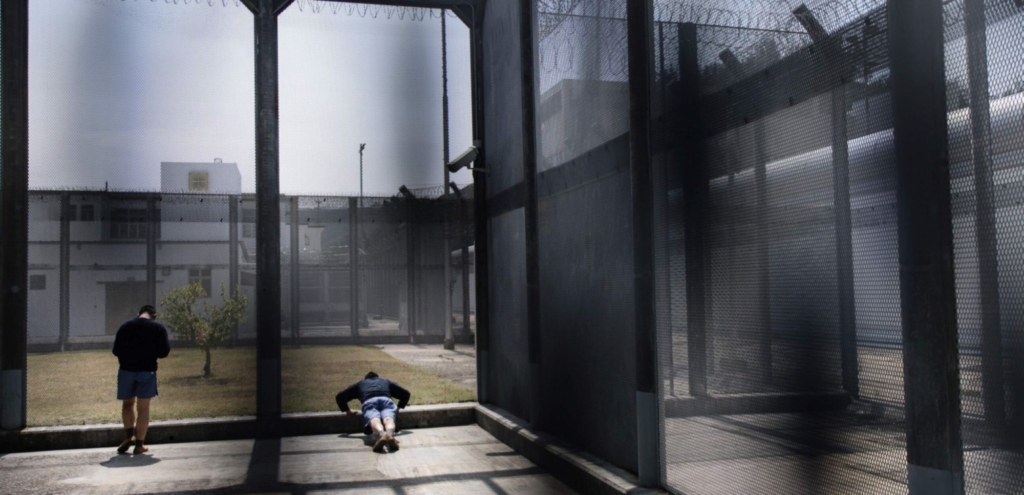South Sudan authorities executed at least seven people in February 2019 alone, three of whom were from the same family. This is as many as were executed in the whole of 2018 and represents a shocking spike in the use of the death penalty in the country, Amnesty International said today.
“This confirms our fears that South Sudan authorities have absolutely no respect for the right to life as they continue to totally disregard the fact that the world is moving away from use of the death penalty,” said Seif Magango, Amnesty International’s Deputy Director for East Africa, the Horn and the Great Lakes.
In December 2018, Amnesty International raised the alarm that the eastern African country had in that year executed more people than in any other year since its independence in 2011.
The executions in 2018 followed the transfer of at least 135 death row prisoners from county and state prisons to Wau Central Prison and Juba Central Prison, which are equipped with gallows to carry out executions.
Six of this year’s victims were executed in Juba Central Prison, while at least one was executed in Wau Central Prison. All the victims were men. The country executes people by hanging.
“We are shocked and dismayed that executions have become the order of the day in South Sudan. Rather than execute people, the authorities should rehabilitate prisoners and make them well-adjusted individuals that can contribute positively to society,” said Seif Magango.
Amnesty International has established that at least three of the executions undertaken in February 2019 were shrouded in secrecy; the family of the three related men was not informed of their impending execution and only learnt of the death of their loved ones after they had been executed.
“These reports are extremely concerning, and we cannot even begin to imagine how the families must be feeling. South Sudan must immediately commute all death sentences to terms of imprisonment, establish an official moratorium on executions and take steps, without delay, to abolish the death penalty,” said Seif Magango.
Amnesty International established that at least four of the seven executed men had been convicted of murder. The country’s Penal Code also allows for the use of the death penalty for bearing false witness resulting in an innocent person’s execution, terrorism (or banditry, insurgency or sabotage) resulting in death, aggravated drug trafficking and treason.
Background
Amnesty International opposes the death penalty in all cases without exception regardless of the nature of the crime, the characteristics of the offender, or the method used by the state to execute the prisoner.
The death penalty – the premeditated and cold-blooded killing of a human being by the state in the name of justice – is the most fundamental denial of human rights. It violates the right to life as proclaimed in the Universal Declaration of Human Rights. It is the ultimate cruel, inhuman and degrading punishment.
****************************************
For more information or to arrange an interview please contact:
Elizabeth Berton-Hunter, Media Relations 416-363-9933 ext 332 bberton-hunter@amnesty.ca
ISSUES & COUNTRIES
AMNESTY INTERNATIONAL
Amnesty International is a human rights organization and global movement of more than 10 million people in over 150 countries and territories who campaign for human rights. We are independent of any government, political ideology, economic interest or religion and are funded by individuals like you. We believe acting in solidarity and compassion with people everywhere can change our world for the better.
CAMPAIGNS
CANADA
WORLDWIDE
REPORTS & PUBLICATIONS
PRESS RELEASES
- Amnesty International Canada condemns Alberta’s use of Notwithstanding Clause to prop up anti-trans policies
- Fossil fuel infrastructure is putting rights of 2 billion people and critical ecosystems at risk
- Sentencing of land defenders sends ‘chilling message’ about Indigenous rights in Canada
- Joint statement: People across Canada demand that Temporary Foreign Worker Program respect migrant workers’ rights and dignity
- Canada: First 100 days of new Parliament signal regression on human rights
PODCAST
Listen to Rights Back at You
We introduce you to fascinating people who are making change unstoppable. Hear powerful stories of resistance and solidarity and learn more about how you can take action now for human rights. This series connects the dots and passes the mic to people building a better future now. Together, we unravel the Canada you think you know and challenge the systems that hold back human rights.





















